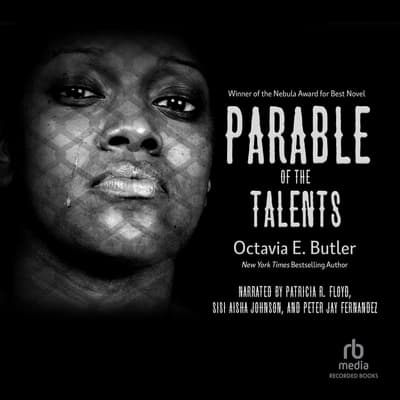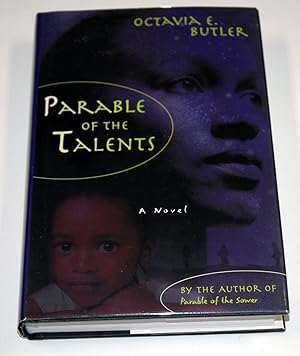

Butler's narrative skills are impressive."- New York Times Book Review, "Impassioned. Most touching inthe novel are the friction betweengenerations, the kinds of faith each generation indulges in, and the newfamilies that form when traditional ones are splintered."- Los Angeles Times, "Continues and deepens the story began five years ago in Parable of the Sower.


"A brilliant, endlessly rich dystopian novel that pairs well with 1984 or The Handmaid's Tale, and it's also a fascinating exploration of how crises can fuel new religious and ideological movements."- John Green, #1 New York Times bestselling author of Turtles All the Way Down (praise for Parable of the Sower), "In the ongoing contest over which dystopianclassic is most applicable to our time, Octavia Butler's 'Parable' books may beunmatched."- New Yorker, "The story of three generations of Olamina women. As she searches for answers about her own past, she also struggles to reconcile with the legacy of a mother caught between her duty to her chosen family and her calling to lead humankind into a better future. Years later, Asha Vere reads the journals of a mother she never knew, Lauren Olamina. The fledgling community provides refuge for outcasts facing persecution after the election of an ultra-conservative president who vows to "make America great again." In an increasingly divided and dangerous nation, Lauren's subversive colony-a minority religious faction led by a young black woman-becomes a target for President Jarret's reign of terror and oppression.

In 2032, Lauren Olamina has survived the destruction of her home and family, and realized her vision of a peaceful community in northern California based on her newly founded faith, Earthseed. Originally published in 1998, this shockingly prescient novel's timely message of hope and resistance in the face of fanaticism is more relevant than ever.


 0 kommentar(er)
0 kommentar(er)
